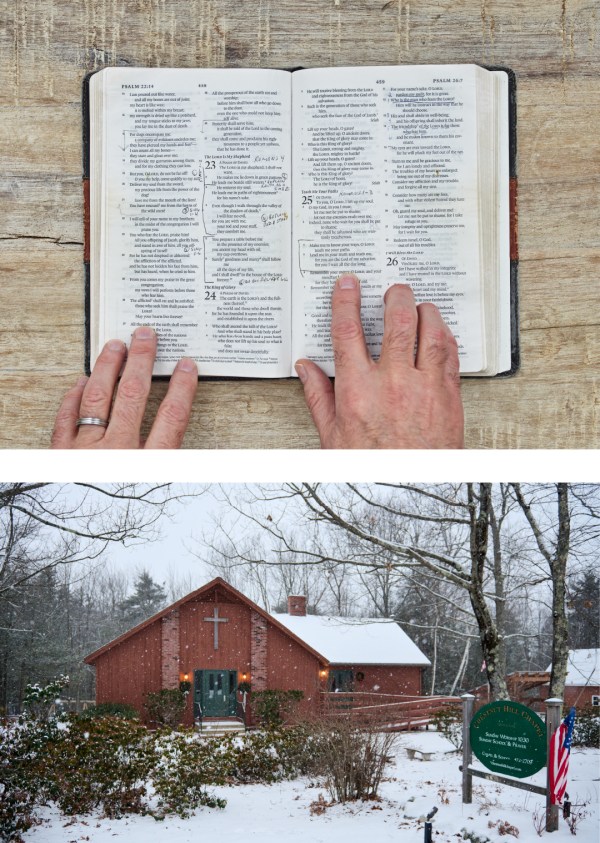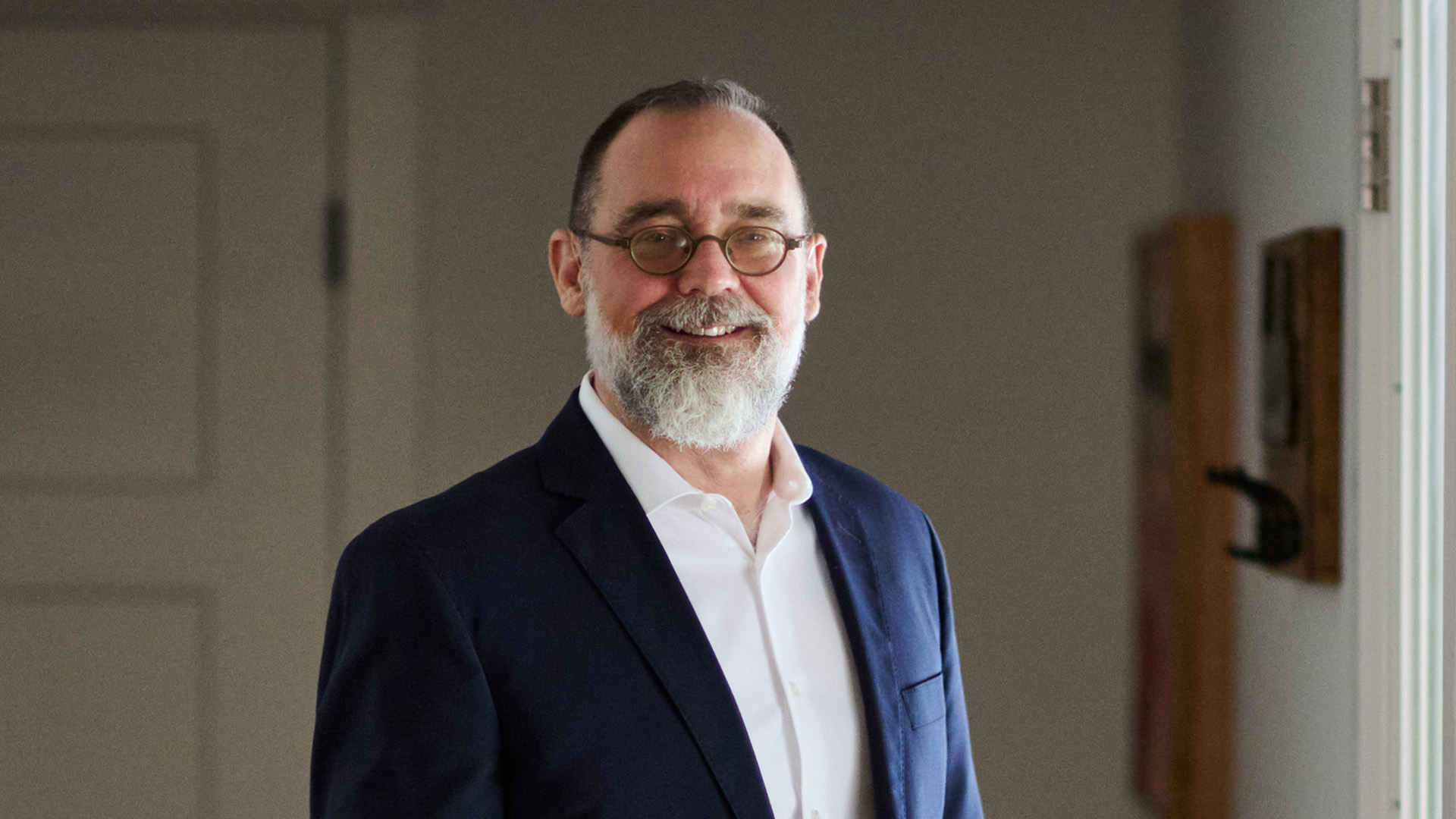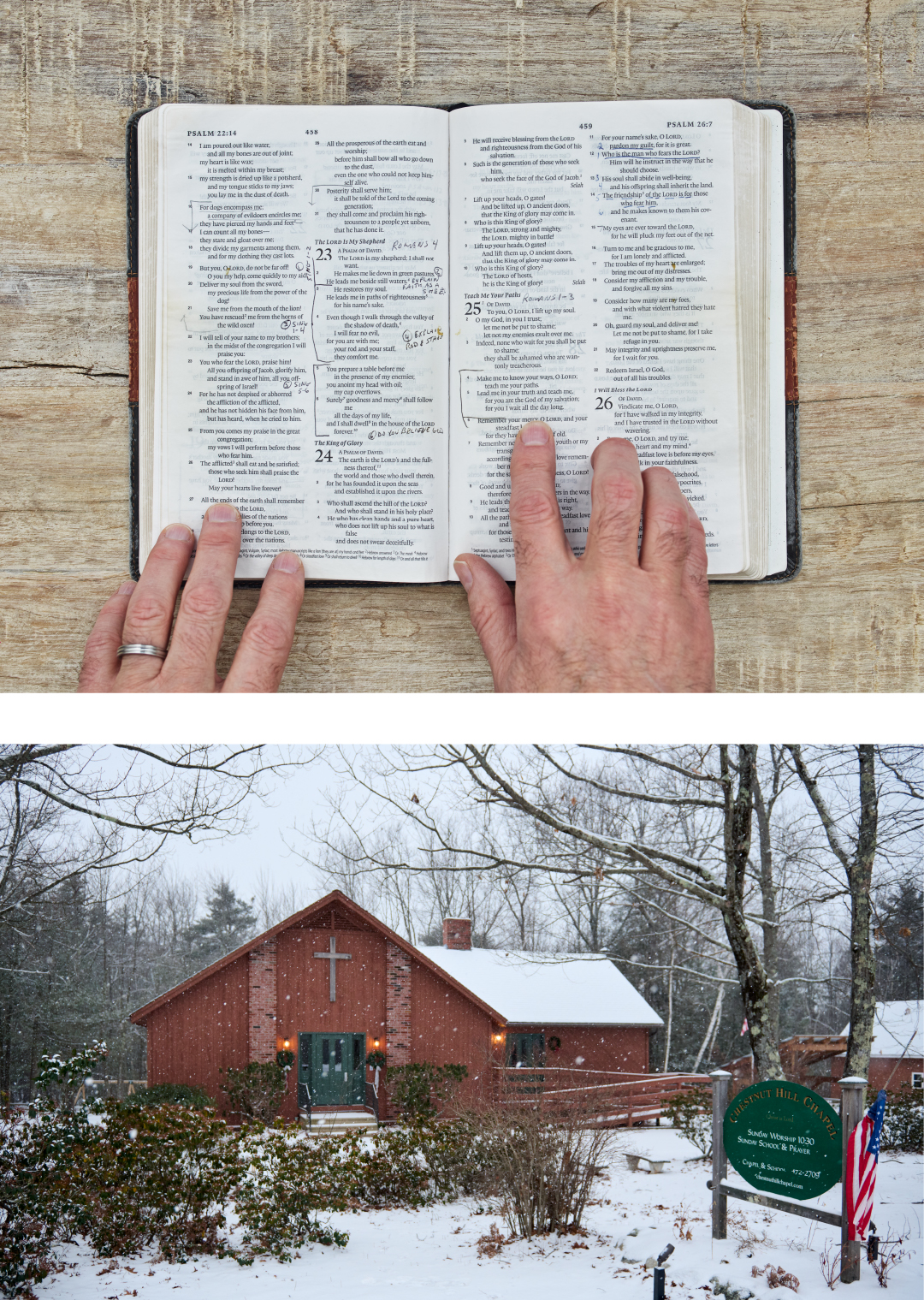I had been standing in line for more than an hour, waiting to meet a woman whose daughter, my son’s girlfriend, had just died in a car crash.
As I waited, I took a deep breath to keep my emotions in check. Fate had overwhelmed us. My career in finance had just tanked because I was fired as a whistleblower. We were drastically cutting spending and in danger of losing our home. And I was attending my second wake in three weeks.
Nineteen days before Kira died, my other son’s girlfriend, Ashley, had committed suicide. Her funeral was small and somber. But something remarkable happened. Debbie, a friend of Ashley’s family, had approached my wife and me with kindness. Numerous times, she came over to ask if we or our sons needed any support. In a sea of darkness, Debbie was the only light we saw that day. I was surprised, comforted, and drawn in by her warmth and compassion.
Yet I soon forgot about her, consumed by the many tragedies that had taken over our lives.
Now as we waited in line to pay our respects to Kira’s mom, I saw Debbie again. She asked about both of our sons, concerned that our family had experienced two losses in such a short time. More kindness, more light, more carefully measured sweetness just when we needed it.
As she walked away, I turned to hide the tears in my eyes. Silently I wondered, Who is like that?
My thoughts returned to my two sons, who looked like they had just returned from war. I knew they needed help piecing their shattered lives back together.
The line was getting shorter as I considered what to say to Kira’s mom. Having never met her, I knew only two things about her: She had been very close to her daughter, and she was a Christian. I didn’t like “church people.” In my opinion, Christians were simple-minded and hypocritically judgmental. But I set those feelings aside to mentally rehearse the condolences I would share.
As I readied myself to speak, she reached out and took my hand in a friendly manner. Then she surprised me by speaking of my family’s grief rather than her own. “I am so sorry Zach lost Ashley,” she said. “We are friends with the family, so we know what a tragedy it was. When all this is over, would it be okay if I spend a little time with Zach?”
I was stunned. Speechless. My wife picked it up from there, said all the right things, and moved us along.
As I walked away, I asked the universe, What is going on here? She just lost her daughter, her best friend, and she wants to care for my son? Who does that?
A few minutes later, Debbie came by again and said, “Hey, you know, our pastor is here. Would you like to meet him?”
My mind split in two. On one side, I thought, No! I don’t meet pastors. I don’t like pastors. I don’t like church people. On the other side, Hmm … something is weird here, and I am curious. If this guy is even half as nice as these two women, maybe I should meet him.
I found my lips forming the words seemingly by themselves: “Sure, that would be fine.”
It turns out Pastor Peter was half as nice, and even more than half. He was strong and comforting. And he invited our sons to a new grief group he was starting. I didn’t know how to help my sons, but he did.
On the way home, my wife turned to me and said, “I’m going to start going to church.” It was not a request or an invitation to join her. She knew I hated church. Still, I volunteered to come along.
At the funeral the next day, my wife heard words of life drawn from Scripture, and her memories of going to church as a youth came flooding back to her. She was saved right then and there.
But my unchurched youth and my rebellious spirit locked me in a battle that would rage for months. Sure, I felt something stirring at that funeral and on the ensuing Sunday mornings. But I’m not much of a feeler. I’m a thinker, and foremost in my mind was every argument against Jesus Christ and the Bible.
A few weeks after the funeral, my father-in-law sent me a study Bible in the mail. Again I struggled: Should I read the book I swore I would never read—the book that, in my view, was written by ancient kings to control the masses? I picked it up and said, “God, if you are in this book, I am going to be super upset, because I will have been wrong for 50 years. But I guess … I want to know.” I made the decision to read it, cover to cover.
Three months later, I was in the book of Leviticus when I started hearing from God. It was nothing audible—just a sense. A sense of someone loving, kind, encouraging, strong, personal, and available.
Meanwhile, I started reviewing my character with God. Every night when I was reading my Bible, I would have a conversation about how I measured up or fell short. This might sound strange, but it seemed natural to me. I had been reading about the Israelites, who were treated so well and promised so much by God with only one condition—to remain faithful. So after hearing about the Israelites being fickle in Genesis and Exodus, I was primed to evaluate myself.
Soon, God began working in me, changing bad habits and moral failures. Step by step, we worked on improving my character. This went on for two years, as God helped cleanse me of every willful sin in my life, including alcoholism.
During this process, I fell in love. I couldn’t wait to open my Bible each night. Soon, I started talking with God during the day too. He was always with me, encouraging me in my failures and celebrating with me in my victories.
Why, I wondered, had nobody told me I could live like this? I had the God who created everything talking to me personally every time I wanted. And he wanted me to be with him!
 Photography by Doug Levy for Christianity Today
Photography by Doug Levy for Christianity TodayIt took me 14 monthsto thoroughly digest the Old Testament. When I got to Malachi, I started getting nervous. I was about to leave my God—the God of Abraham, Isaac, and Jacob—to meet Jesus.
By this time, I was meeting every week with my pastor, peppering him with my old arguments. He had also set up a weekly men’s breakfast with strong Christians who could answer my questions and encourage my faith journey.
Yet I was still nervous to meet Jesus. I had learned a good deal about him from people I respected. Weirdly, though, for a left-brained, science-oriented, just-the-facts kind of guy, head knowledge wasn’t enough. I had built a relationship with the God of Abraham, Isaac, and Jacob; he was my love, my sanctuary, my refuge, my ever-present help in times of trouble.
Imagine my delight, then, when I started reading Matthew and the relationship didn’t change at all! When I got to John and read about the Word who became flesh and dwelt among us, I discovered I’d been talking to Jesus all along.
Today, I remain a voracious Bible reader. Jesus, the Word, is everything to me. He saved me. It wasn’t words I said or heard from someone else. It was the Word.
But make no mistake, the church first sparked my curiosity. If God’s people hadn’t made me wonder about their peculiar love, I never would have cracked open God’s Word, and I never would have fallen in love myself.
Randy Loubier is pastor of Chestnut Hill Chapel in New Boston, New Hampshire. He is the author of several nonfiction books and novels, including Slow Brewing Tea.













